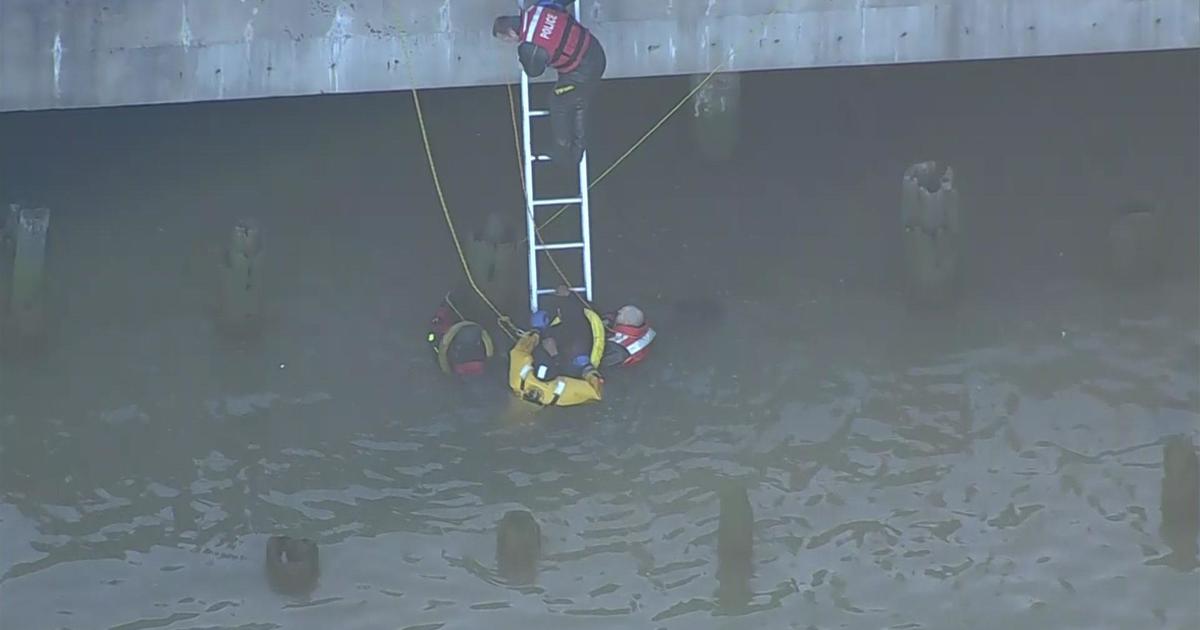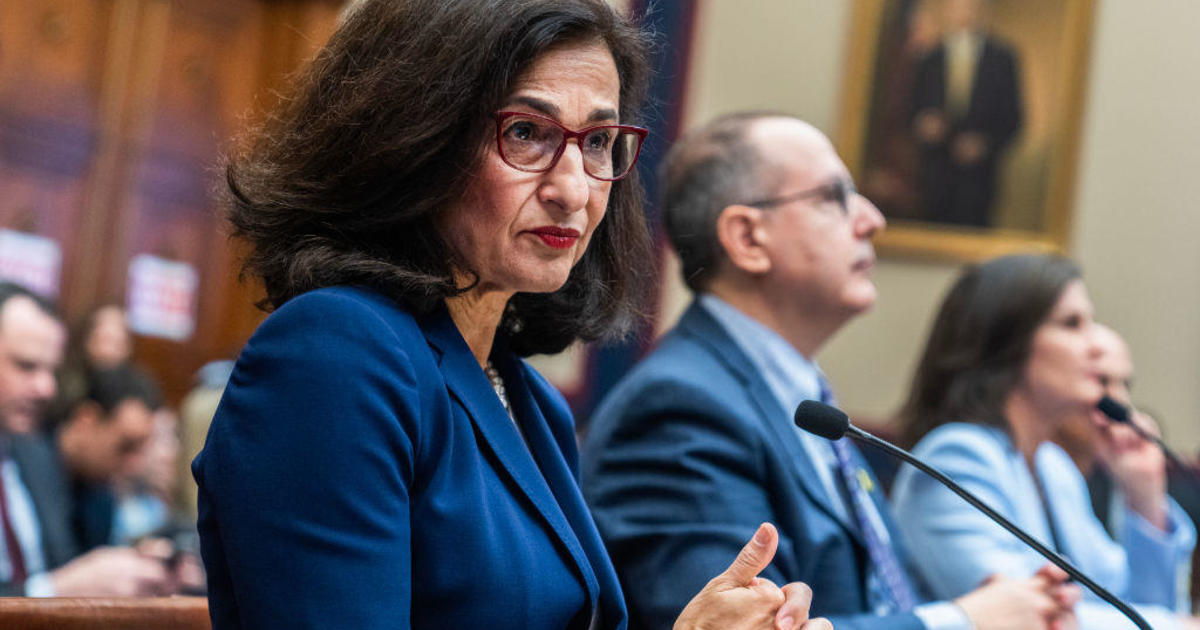Opponents Fighting Back Against Ithaca Mayor's Heroin Clinic Proposal
LONG ISLAND, N.Y. (CBSNewYork/AP) -- Opponents are fighting back against an upstate New York mayor's first-of-its-kind heroin clinic proposal where addicts could legally inject themselves under medical supervision.
CBS2's Dick Brennan reported Tuesday Ithaca Mayor Svante Myrick, 28, is asking the state Health Department to approve a heroin clinic where medical professionals would watch as addicts shoot up, getting ready to intervene if someone overdoses.
Myrick said such clinics have worked in Canada and Europe to prevent addicts from shooting up alone, where no one would be able to help them if they overdose.
"This part of the plan is about keeping people alive, helping them get treatment, helping them get better, but in the meantime making sure that they live long enough to get that treatment," Svante told 1010 WINS. "Once you die from an overdose there's no opportunity to get better, no opportunity to get treatment."
Warren Zysman of ACI Rehab told CBS2 that there is "no way to use" the drug safely.
"It kills families, it kills communities and it's been destroying New York state," Zysman told CBS2.
Nassau and Suffolk Counties hosted a heroin summit last week to announce more money for police and treatment centers. More than 160 people died in those two counties last year from heroin.
Republican state Assemblyman Edward Ra told CBS2 that there is a better approach than what Ithaca's mayor is suggesting.
"Have we really ever funded the treatment system to make sure there were enough beds?" Ra questioned, adding that he understands affected families want action to deal with the spreading epidemic.
Nassau Police Benevolent Association President James Carver told CBS2 that heroin affects every type of family.
"It's middle class families, it's rich families, it's poor families, North Shore, South Shore. No matter where you are on Long Island, heroin is available and it's cheap," Carver said.
Long Island residents are divided on the legal heroin clinic proposal.
"I think that's a crazy idea. We should be helping addicts recover, not encourage their use, regardless of whether it's in a protected place," Corey Unger of Old Bethpage told CBS2.
Keith Lasky of Centereach said, "Not in favor of people using drugs, but something's gotta be done. If that's going to help them, I'm for it."
Myrick needs state permission to open a supervised injection site, and his proposal is certain to face significant opposition. Myrick said he will ask New York's Health Department to declare the heroin epidemic a state health crisis, which he said would enable his city to proceed without involving the state Legislature.
Once dismissed as a radical idea, injection sites are increasingly being discussed as a possible response to huge increases in overdose deaths nationwide. In New York state, overdose deaths involving heroin and other opiates shot from 186 in 2003 to 914 in 2012.
Ithaca alone had three fatal overdoses and 13 non-fatal overdoses in a three-week span in 2014, prompting city officials to begin looking at alternatives to simply jailing addicts.
Myrick backs a law enforcement strategy that prioritizes treatment over arrests.
"We have been trying this a certain way for 40 years, we've been treating this as a criminal problem instead of a health problem and that's been very expensive," Svante said. "We've built all these prisons, we've locked up a lot of people."
The city of 30,000, which hosts Cornell University and Ithaca College, is considered one of New York's most liberal communities and is a prime candidate for new approaches, Myrick said.
Myrick first told The Associated Press about his proposal ahead of a wider announcement planned for Wednesday.
State health officials haven't responded to a request for comment.
Canada's first injection facility opened in Vancouver in 2003. Every day, 800 users visit, and between 10 and 20 of them overdose each week, but no one has ever died there, according to Dr. Patricia Daly, chief medical health officer at Vancouver Coastal Health, which operates the "Insite" facility.
"These overdoses are completely reversible," Daly said. "People die because they inject alone."
Insite receives the bulk of its funding from the government now, but faced significant initial opposition from officials in Ottawa. A 2011 Canadian Supreme Court decision ordered federal officials to stop fighting the facility, noting that it has saved lives "with no discernable negative impact."
(TM and © Copyright 2016 CBS Radio Inc. and its relevant subsidiaries. CBS RADIO and EYE Logo TM and Copyright 2016 CBS Broadcasting Inc. Used under license. All Rights Reserved. This material may not be published, broadcast, rewritten, or redistributed. The Associated Press contributed to this report.)



